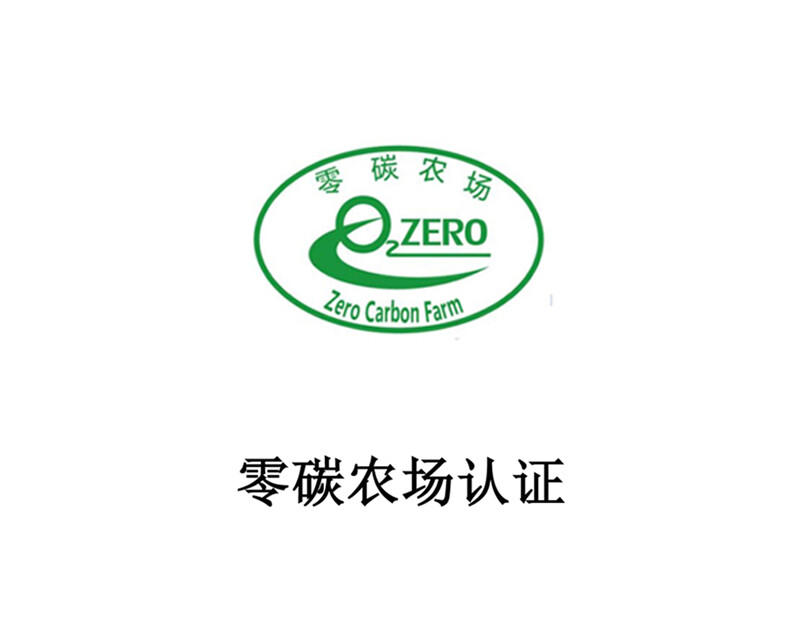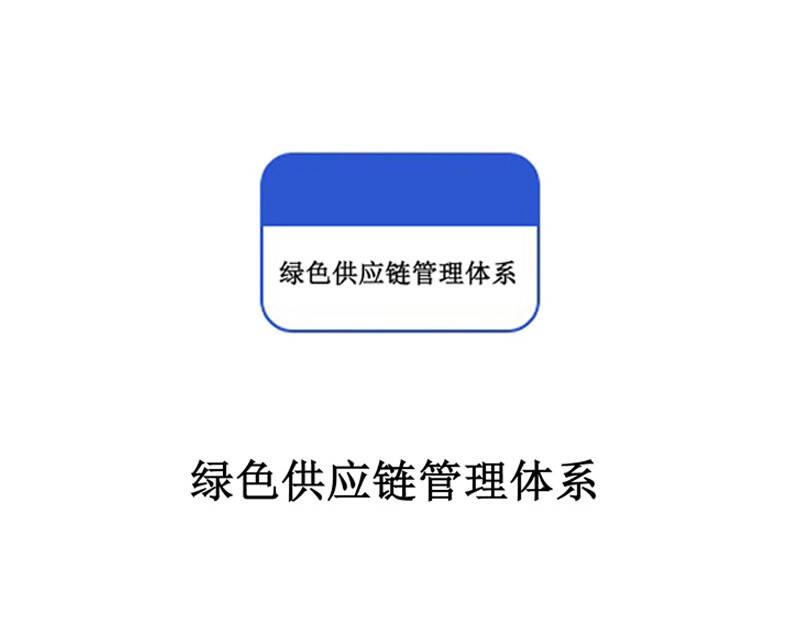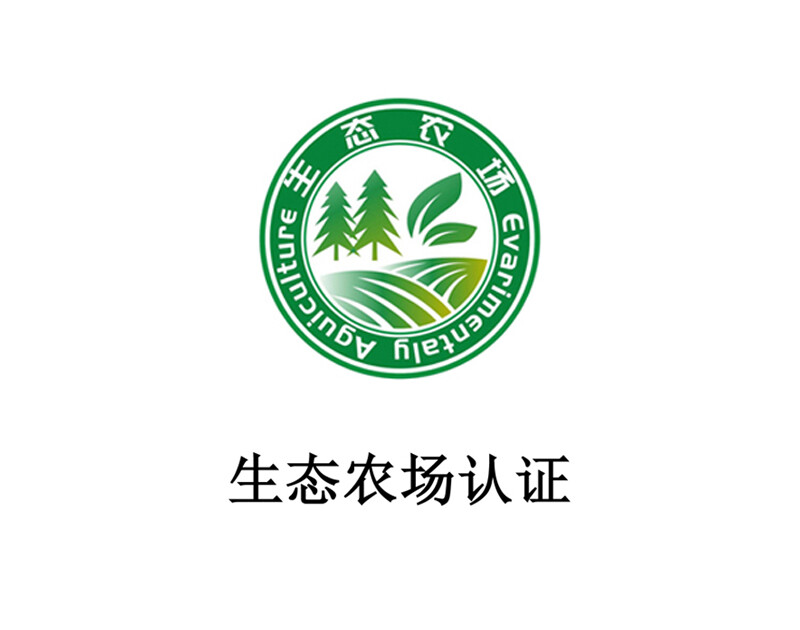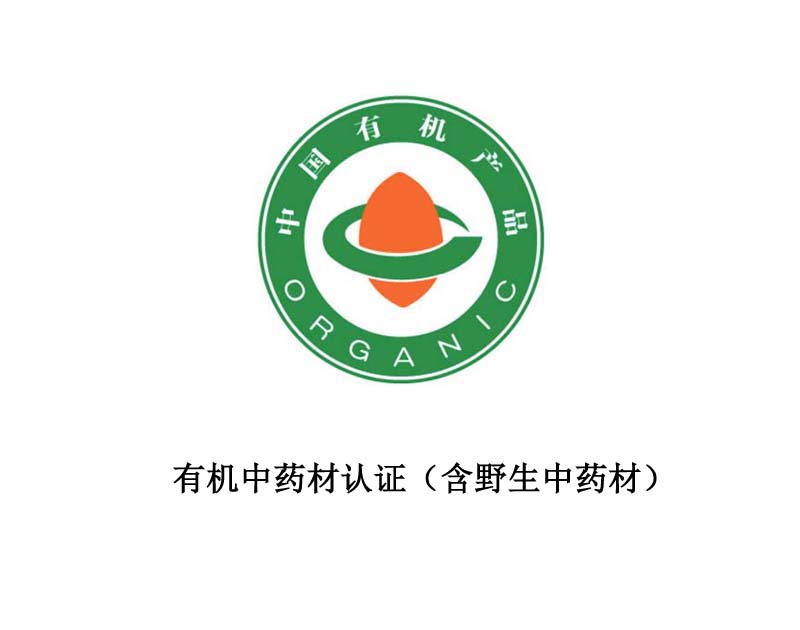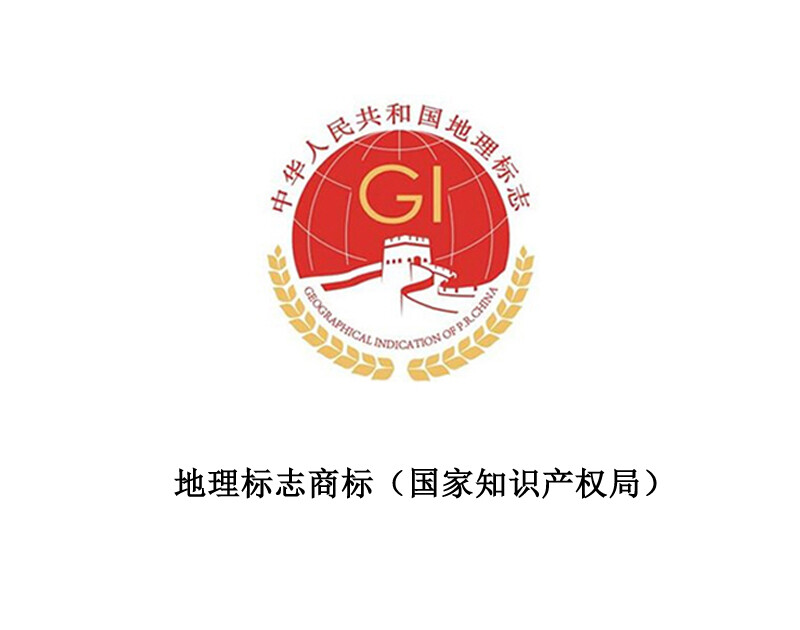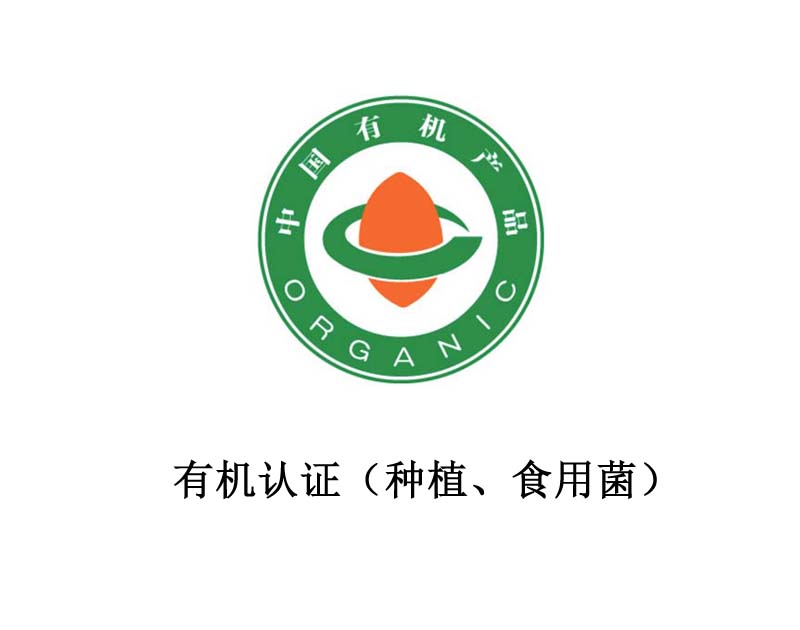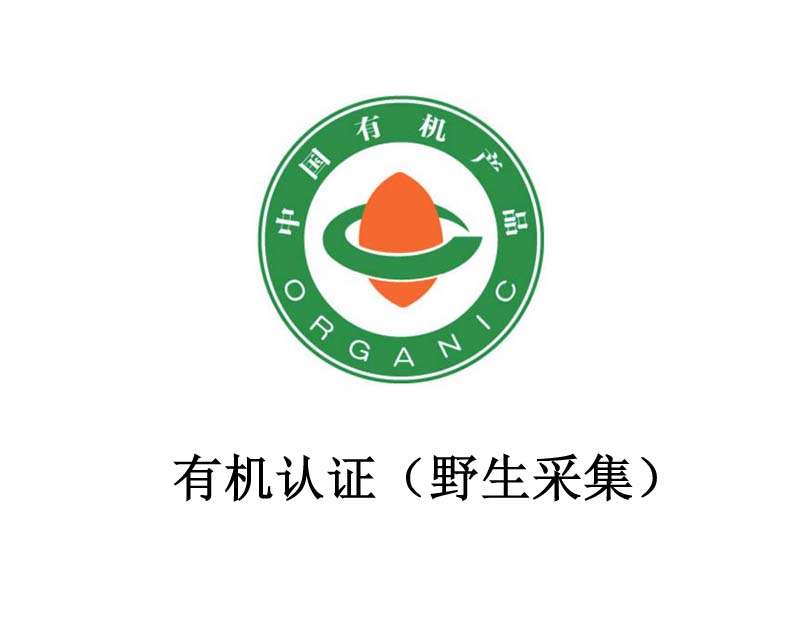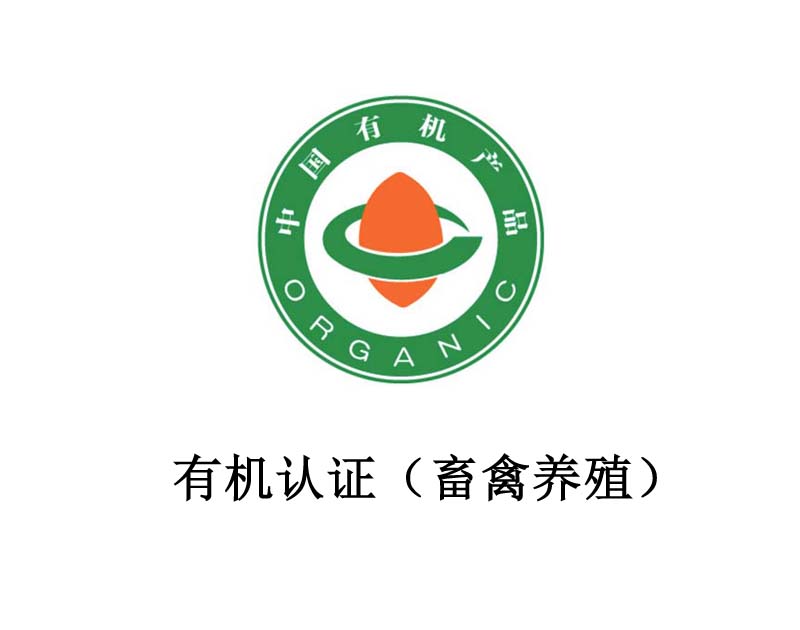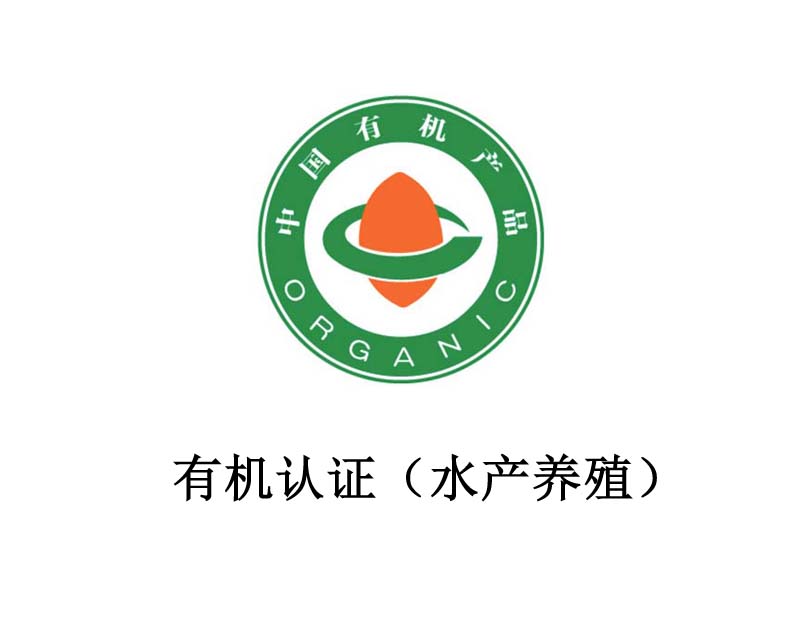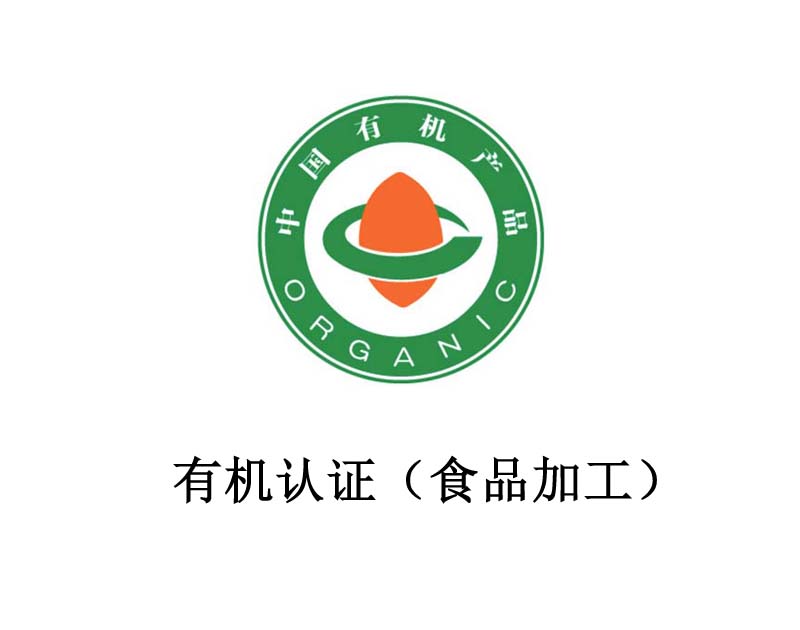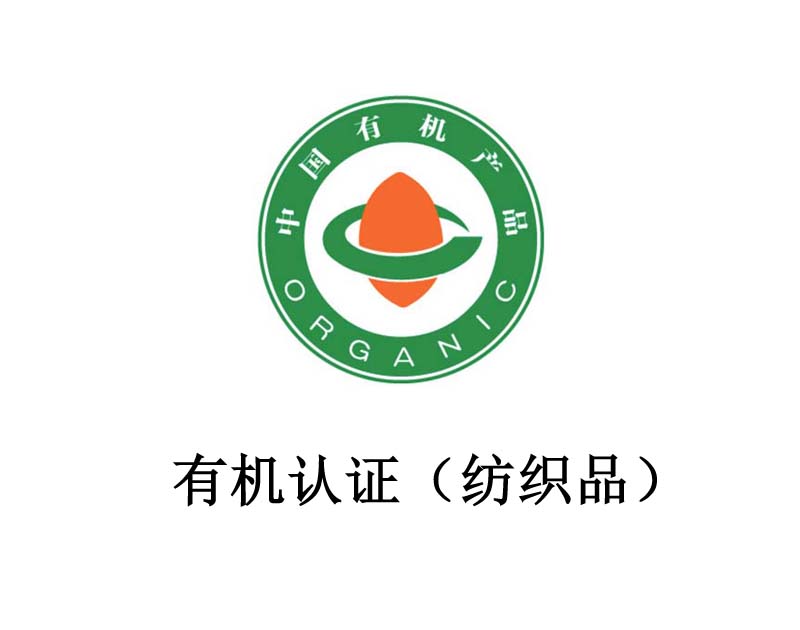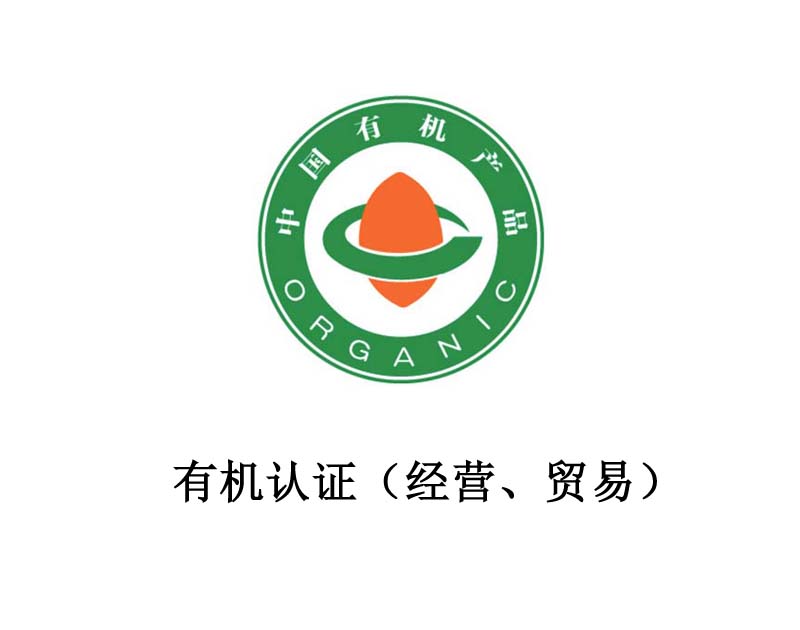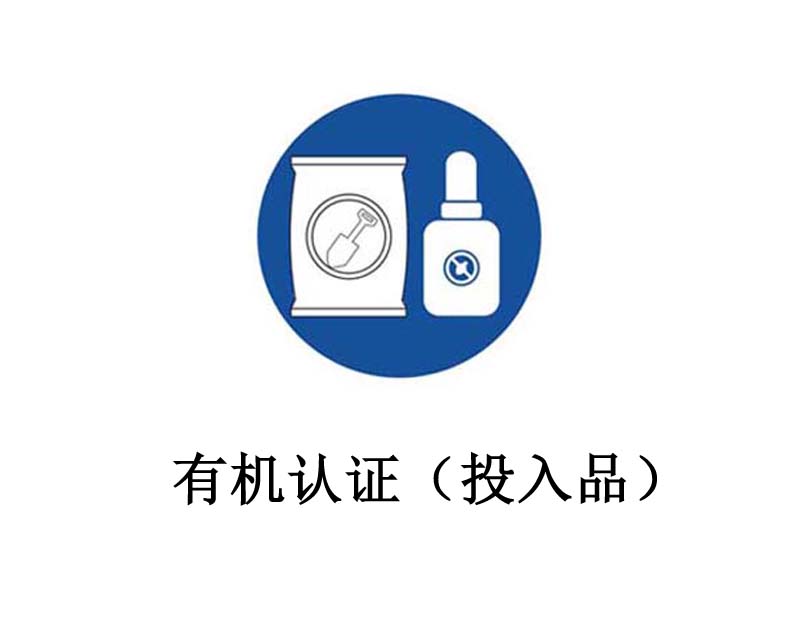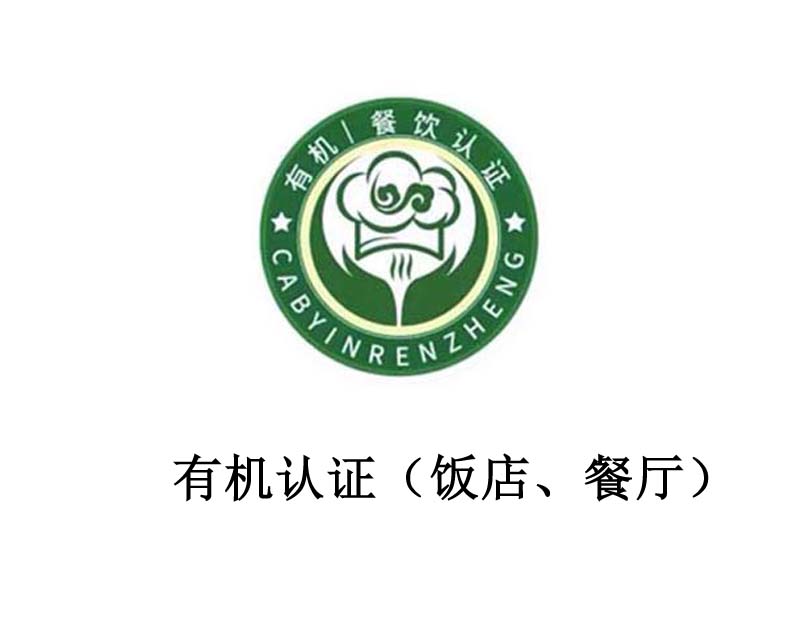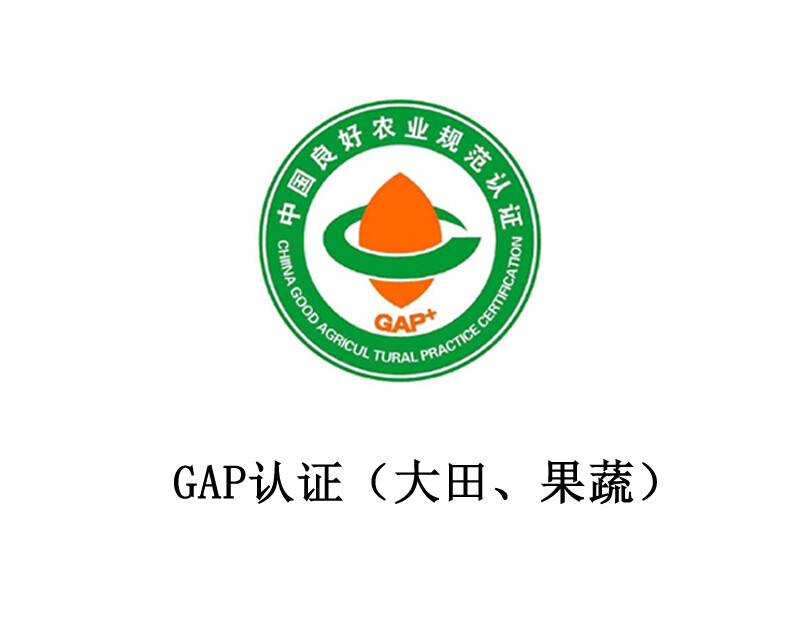Agricultural Product Food Certification Service Network
Technical Support: China Green Huaxing (Beijing) Agricultural Research Institute
Copyright: Guohuan Organic Agricultural Products (Dezhou) Co., Ltd
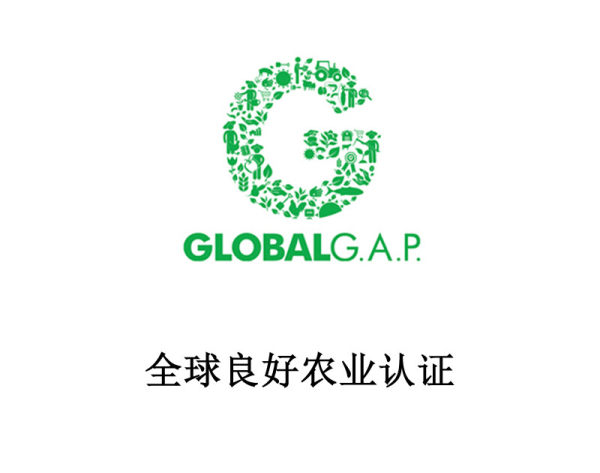
GLOBAL.GAP Certification (Global Good Agricultural Practice Certification) Introduction:
Global Good Agricultural Practice Certification (GLOBALGAP) is established as the primary reference for good agricultural operation standards within the global market scope. The GLOBALGAP certification standards cover the entire process from planting to harvesting of certified products. As the source of the entire food supply chain, the safety of agricultural products has become an increasing concern for consumers. To address food safety issues at the source, major European supermarket groups controlling the retail market pioneered the development of GAP (Good Agricultural Practice) control system standards for planting/breeding processes.
GLOBALGAP Certification Scope:
1. Crops (including fruits and vegetables - field crops - flowers and ornamental plants - hops/beer flowers - tea leaves - plant propagation materials);
2. Livestock (including cattle and sheep, dairy cattle, pigs, poultry modules);
3. Aquaculture (including salmon module);
4. Animal feed;
What are the main commitments of GLOBAL G.A.P.?
1. Food safety and traceability;
2. Environmental protection (including biodiversity);
3. Employee health, safety and welfare;
4. Animal welfare;
5. Integrated Crop Management (ICM);
6. Integrated Pest Control (IPC);
7. Quality Management System (QMS);
8. Hazard Analysis and Critical Control Points (HACCP).
